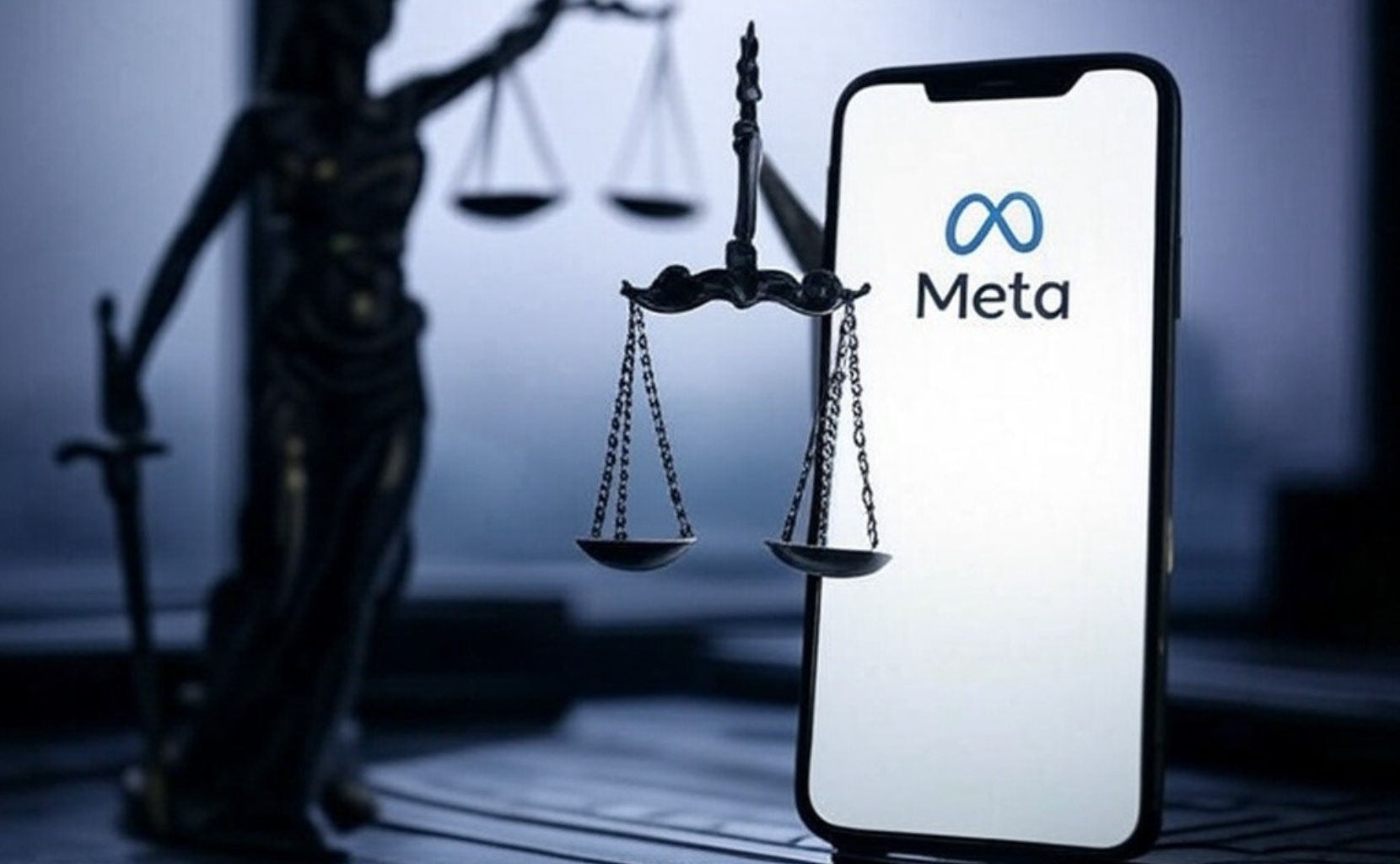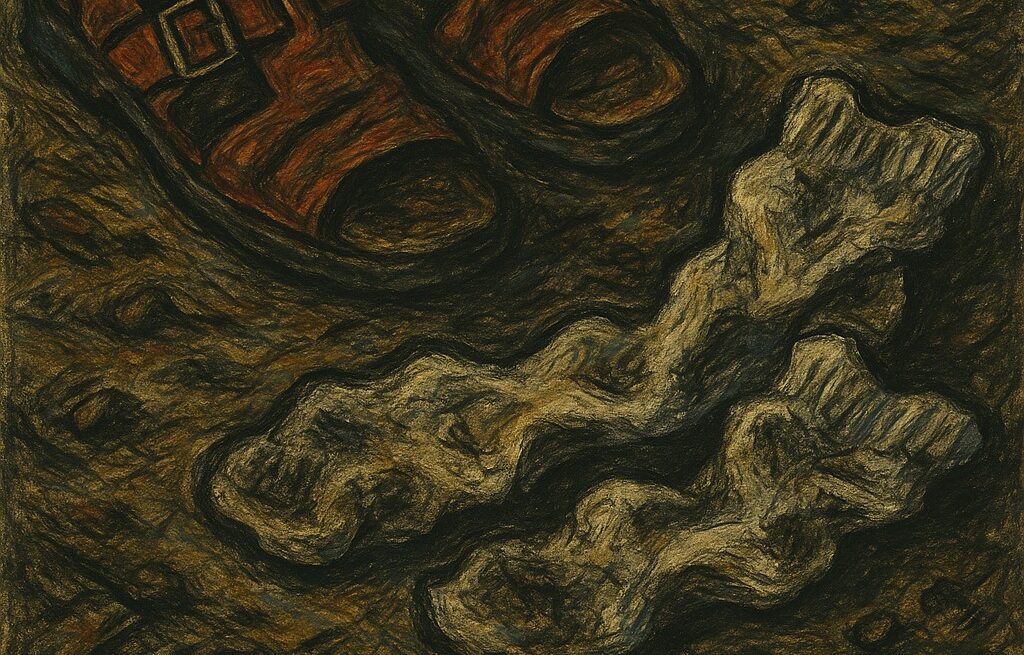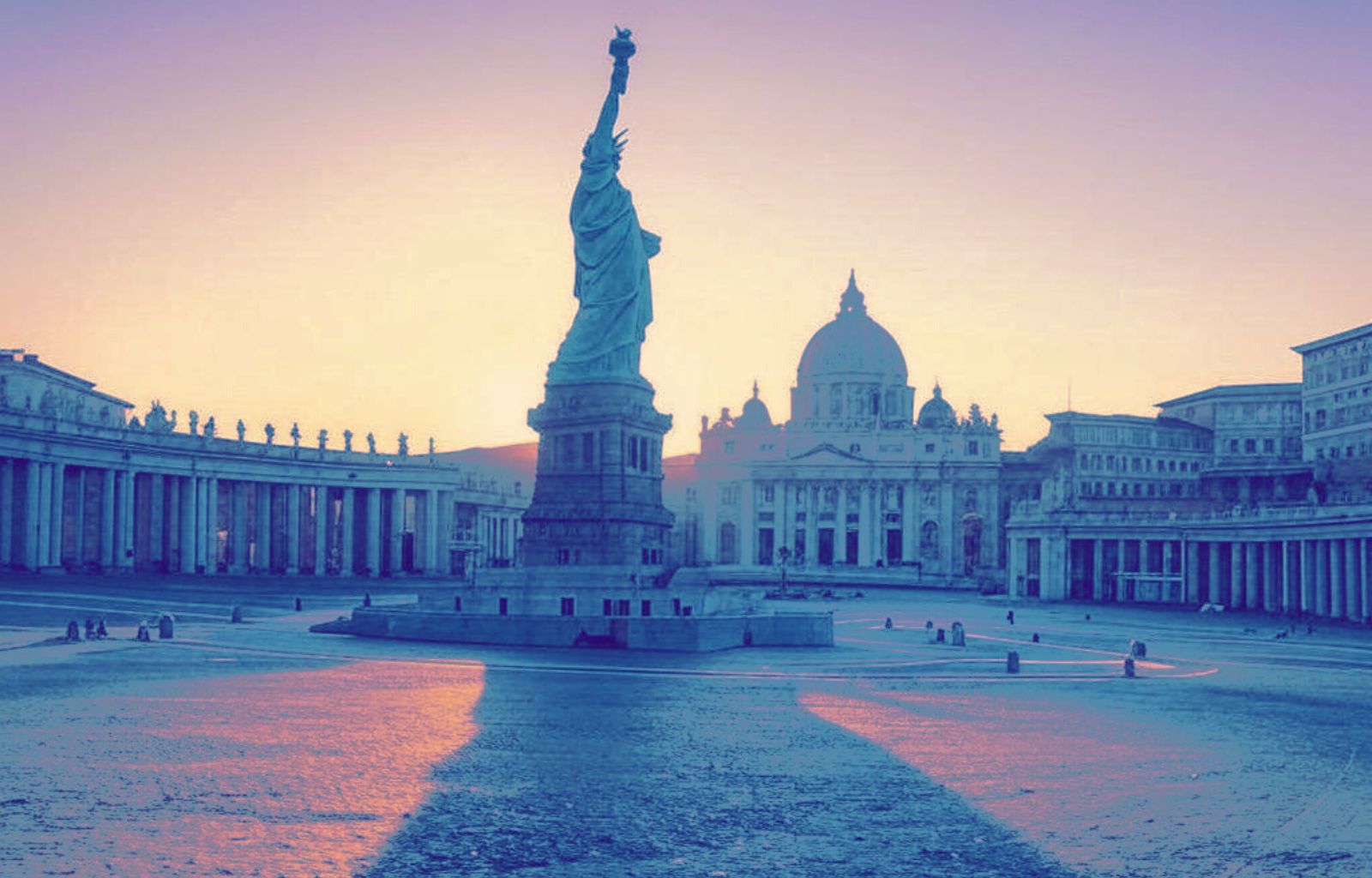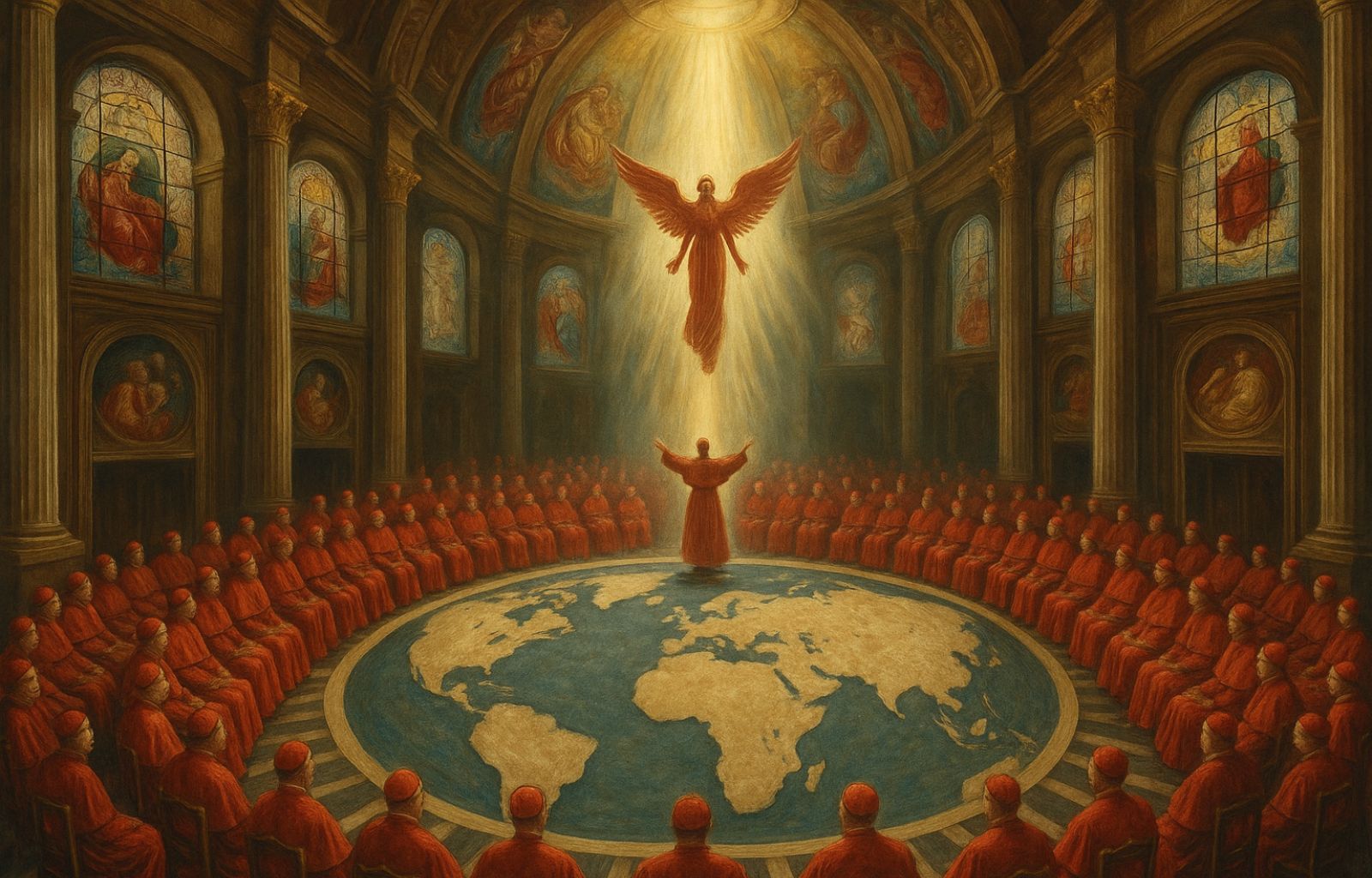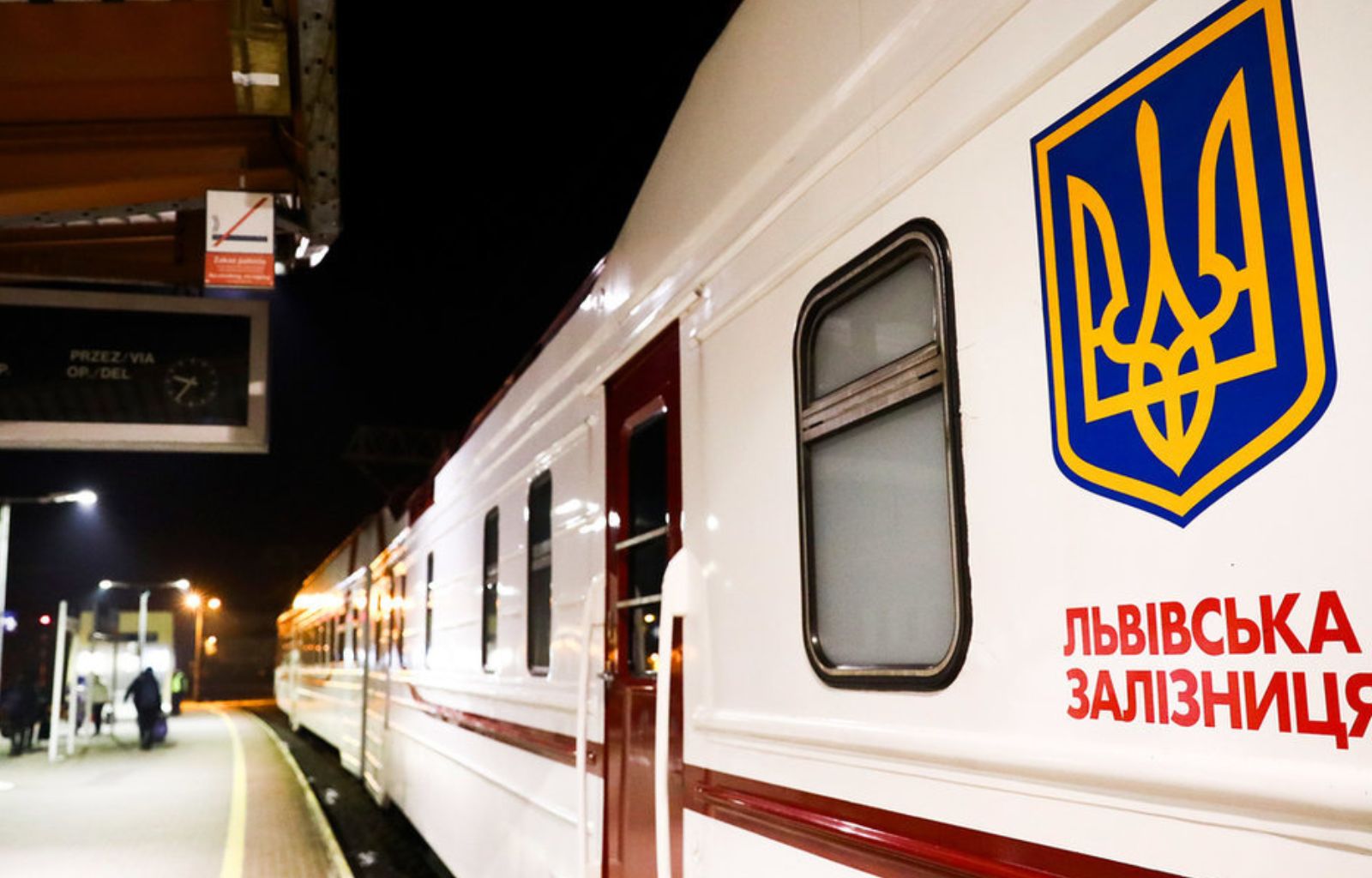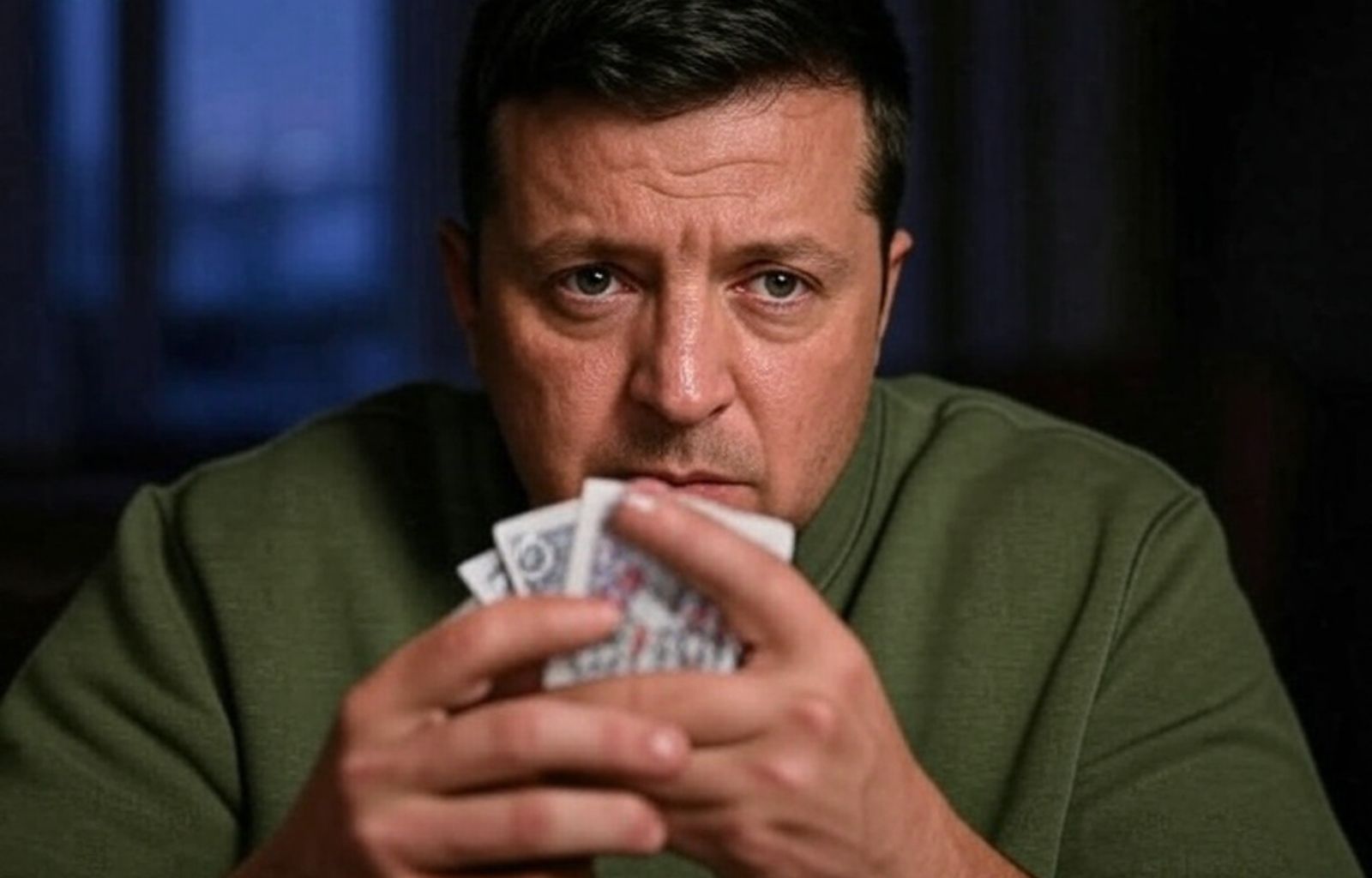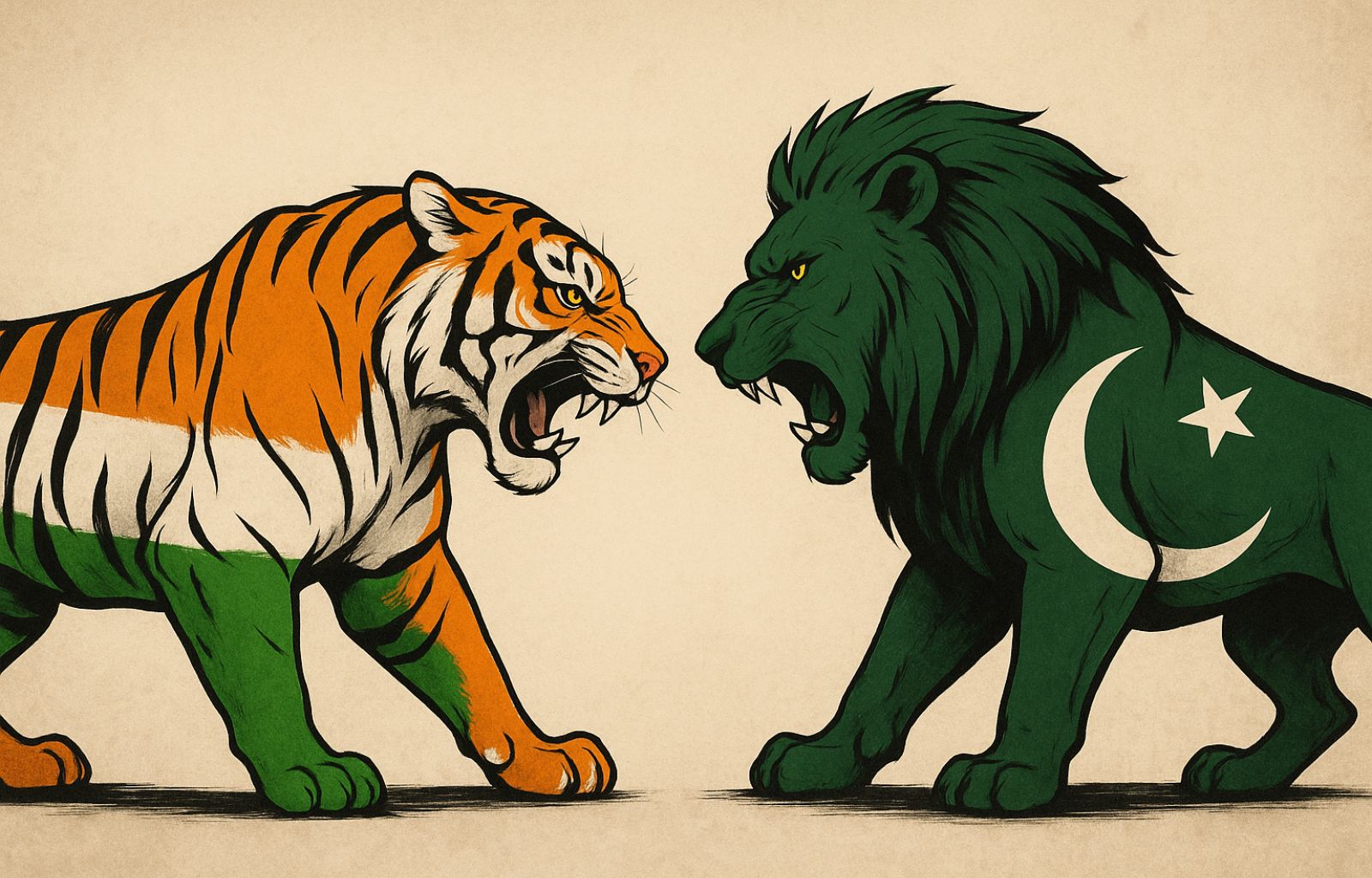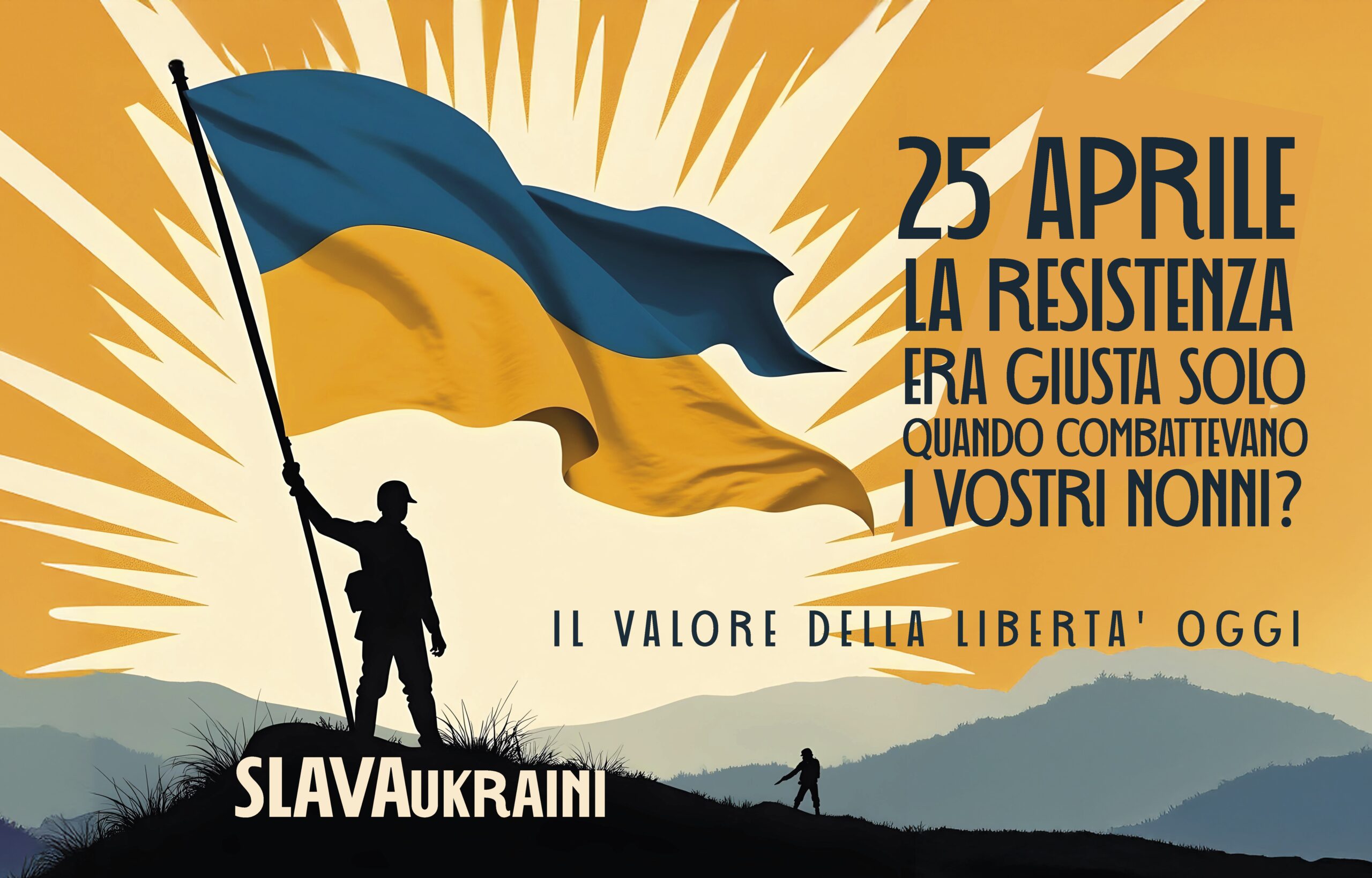Poland at the crossroads: presidential elections between prominence and isolation

2025 is the year of Poland. At the conclusion of its six-month term at the helm of the European Council, the Sarmatian country has fully consolidated its new dimension of leadership on the international and continental stage. Now, presidential elections await her on 18 May.
Will they be the harbinger of a new Polish‘golden age’ or a brake on the country’s politics? Let’s find out together.
The recent rise of the former ‘Christ of Nations’
Several commentators were surprised to see Polish PM Donald Tusk representing European willingness in Kiev alongside Keir Starmer, Emmanuel Macron and Friedrich Merz. (Big absentee: Giorgia Meloni; but that’s another matter)
We at L’Europeista do not. We have been talking for months about the economic and political renaissance of Poland, a nation that is now to all intents and purposes to be considered the pivot of our continent.
( our insights: How Poland is becoming the engine of Europe; How Poland took off (and now leads Europe) )
In the midst of this favourable international and economic situation, on Sunday 18 May the citizens of the country will be called upon to elect a new President of the Republic of Poland.
Who will succeed Andrzej Duda?
Since 2015, the presidential seat has been occupied by Andrzej Duda, a long-standing member of PiS (Law and Justice).
Having reached the constitutional limit of two terms in office, Duda leaves the Presidential Palace after 10 years marked by tensions and continuous mediation, during which his influence was instrumental in the resolution of multiple political disputes.
The outgoing president’s actions have oscillated between party reason and reason of state, with an increasing detachment from certain positions that he himself described as ‘constitutionally subversive’ of his party on key issues such as justice and freedom of the press.
Over the years, there have been numerous controversies with the European authorities, especially during the Morawiecki and Szydło governments, crowned by no less than 49 infringement procedures opened from 2015 to 2023.
He has never betrayed his Euroscepticism, a core principle of his election campaigns along with the necessary restraints in the areas of civil rights andimmigration.
There was no lack of vetoes to several of the Tusk government ‘s proposals on social rights and cosmopolitan policies, while on the issue of immigration from neighbouring countries it favoured an alignment between the positions of PiS and Civic Platform.
The change of course came in 2022, when he strongly urged the Morawiecki government to initiate massive reception procedures for Ukrainian refugees and to immediately send humanitarian and military aidto Kiev, in concert with other European countries.
In addition, Duda has been the utmost advocate of Poland‘s Atlantic policy, developing excellent relations with all succeeding administrations with a view to promoting greater economic and military cooperation between the two countries. In the area of war deterrence, he has shown convergence with theEU and its opposite Prime Minister Donald Tusk over the Rearm Europe plan.
Who will succeed him?
Rafał Trzaskowski, candidate of Civic Platform

The candidate of the current prime minister’s party is Rafał Trzaskowski, mayor of the capital Warsaw since 2018.
Trzaskowski is no stranger to presidential competition, having already challenged Duda at the ballot box in 2020, being narrowly defeated in the runoff.
The first citizen emerged victorious again from his party’s internal primaries , overtaking his challenger Radoslaw Sikorski, the current Foreign Minister, in November with 75 per cent of the votes among the registered voters.
53 years old and two degrees, in English philology and international relations. He has always been attentive to European and geopolitical issues since his first term as an MEP in 2009. He served as Secretary of State for Foreign Affairs and Minister of Administration and Digitalisation in the first Tusk government.
In his term as first citizen, he implemented welfare policies, cutting childcare costs also thanks to the free municipal crèche service. His secular and pro-LGBT positions have been much criticised, with the highly contested decisions to have the crucifix removed from municipal offices and to grant patronage to the annual ‘Gay Pride Parade’.
He is conducting the presidential campaign along the lines of the current Tusk government, relaunching hispro-European commitment and a broad programme of liberal economic and social reforms. Promoter of the ‘Pact of Free Cities’, signed as mayor together with the other Visegrad capitals, he intends to revive the model on a national scale, giving the V4 pact liberal and federalist connotations .
Despite the pro-government line, none of the other three parties represented in the council of ministers(Poland 2050, Polish People’s Party, Left Lib) decided to support his candidature. The most important Polish pollsters put him at between 30 and 33 per cent support in the first round.(Newsweek; Fakt)
Karol Nawrocki, Law and Justice candidate

42 years old and no experience in politics. This is the profile chosen directly by PiS leader Jarosław Kaczyński to represent the party in the presidential elections.
Currently the director of theInstitute for National Remembrance, a state institution that houses archives and research on the crimes of World War II and the communist era, Nawrocki ‘s career has always included positions in thecultural heritage administration.
A historic supporter of PiS, in 2021 he was sponsored by former premier Morawiecki himself for the position of director of the Gdansk Museum. He was chosen by Kaczynski as a homo novus figure in the political debate. However, his inexperience is not helping his election campaign, so far punctuated by numerous gaffes, which have eroded his consensus by ten points since December 2024.
Currently, leading Polish pollsters put it between 25 and 27 per cent of the vote.(Newsweek; Fakt)
The outsider: Sławomir Mentzen

Undoubtedly benefiting from Nawrocki’s unpopularity is Sławomir Mentzen, candidate of the far-right Konfederacja party.
38, three years older than the constitutionally minimum age for aspiring to the Presidency of the Republic. Mentzen has a PhD in political economy and a degree in physics, but has been active in politics since 2015.
Always an advocate of economically libertarian and politically libertarian positions, he has a long career in the Polish conservative and Eurosceptic movements, which have always been critical of PiS and the current President Duda for being too inclined to compromise with the world’s deep powers .
He has led the Konfederacja party since 2022, making himself the protagonist of extravagant campaign operations on social networks, which have led him to be the most followed Polish politician on TikTok and the second most voted by young people, according to Euractiv.
His election events always attract crowds of young people, mostly from football fans, thanks in part to Operation ‘Beer with Mentzen’, through which participants are given hectolitres of beer, brewed by Browar Mentzen, his own brewery.
According to pollsters, Mentzen’s youth consensus is, physiologically, very unstable. Consequently, the polls project him with very distant and different results. Leading pollsters in Poland this week estimate his support at around 13 per cent. (Newsweek; Fakt)
The role of the President of the Republic in the 1997 Constitution
Why are these elections so important?
In the Polish Constitution of 1997, the role of the Head of State is not configured as merely representative as in the Federal Republic of Germany, or of ‘guarding and guaranteeing’ constitutional principles as in theItalian system.
The Konstytucja Rzeczypospolitej Polskiej assigns the President, directly elected by the people, a central role. Together with the Council of Ministers, he holds executive power (Art. 10), and he also has the power to initiate legislation (Art. 118).
The President’s main prerogatives do not end there, in fact,Article 122 of the Constitutional Charter grants the Head of State the power of veto over parliamentary deliberations.
Act of rejection is discretionary and essentially presidential, forcing the parliamentary Diet to undertake a second revision of the text, to be approved by an enhanced 3/5 majority of the assembly.
The significance of the upcoming elections revolves precisely around this power. Tusk ‘s coalition in fact does not achieve the majority required by the revision in parliament, and more than once in this year and a half of cohabitation with Duda it has had to overturn and shelve draft laws threatened and hindered by the veto.
Sarmatic eagle vs. Russian bear: the cyber challenge to avoid Georgescu 2.0
The Tusk project is ambitious. To bring Poland among the ‘greats of Europe’, thanks to a growth that seems unstoppable and a renewed geopolitical centrality in the role of pivot between Berlin, Brussels and Washington in an anti-Moscow function.
No one in Warsaw forgets about the Russian giant, a vigilant and threatening neighbouring power.
Especially in the run-up to the elections, the focus is on the elections: as stated by the minister for digitisation Gawkowski at the presentation of the Election Umbrella plan, consisting of a computer shielding programme from hetero-directed political content.
“we are the EU country most attacked by Russian cyber-services, with more than six hundred thousand attacks in 2024 alone and an intensification underway as the election approaches”
The Alliance4Europe agency also reports a sharp increase in social propaganda ‘doppelganger‘ interference, led by Moscow through the organised dissemination of hundreds of self-propelled manipulative contents .
The great challenge: future power or nostalgic state?
By comparing theTusk agenda and theKatczinsky agenda, isomorphs with Trzaskowski and Nawrocki, one understands the weight of the 18 May presidential elections.
Two programmes not too different in their ideological roots, inspired by the Międzymorze and the revanchism of Adam Mickiewicz, but profoundly divergent in their practical interpretation.
On the one hand, the vision of a modern nation, prospering from its centrality in European politics. On the other an isolated and identity-driven state, governed by strict religious and social principles but in fact unattractive and irrelevant on the international stage. In the middle, Meltzen with his beer; common consolation or celebration for all presidential candidates, depending on the result on 18 May.
If, as is likely, no candidate achieves the 50% +1 majority, there will be a runoff on 3 June.
And we will be here to tell you about it


